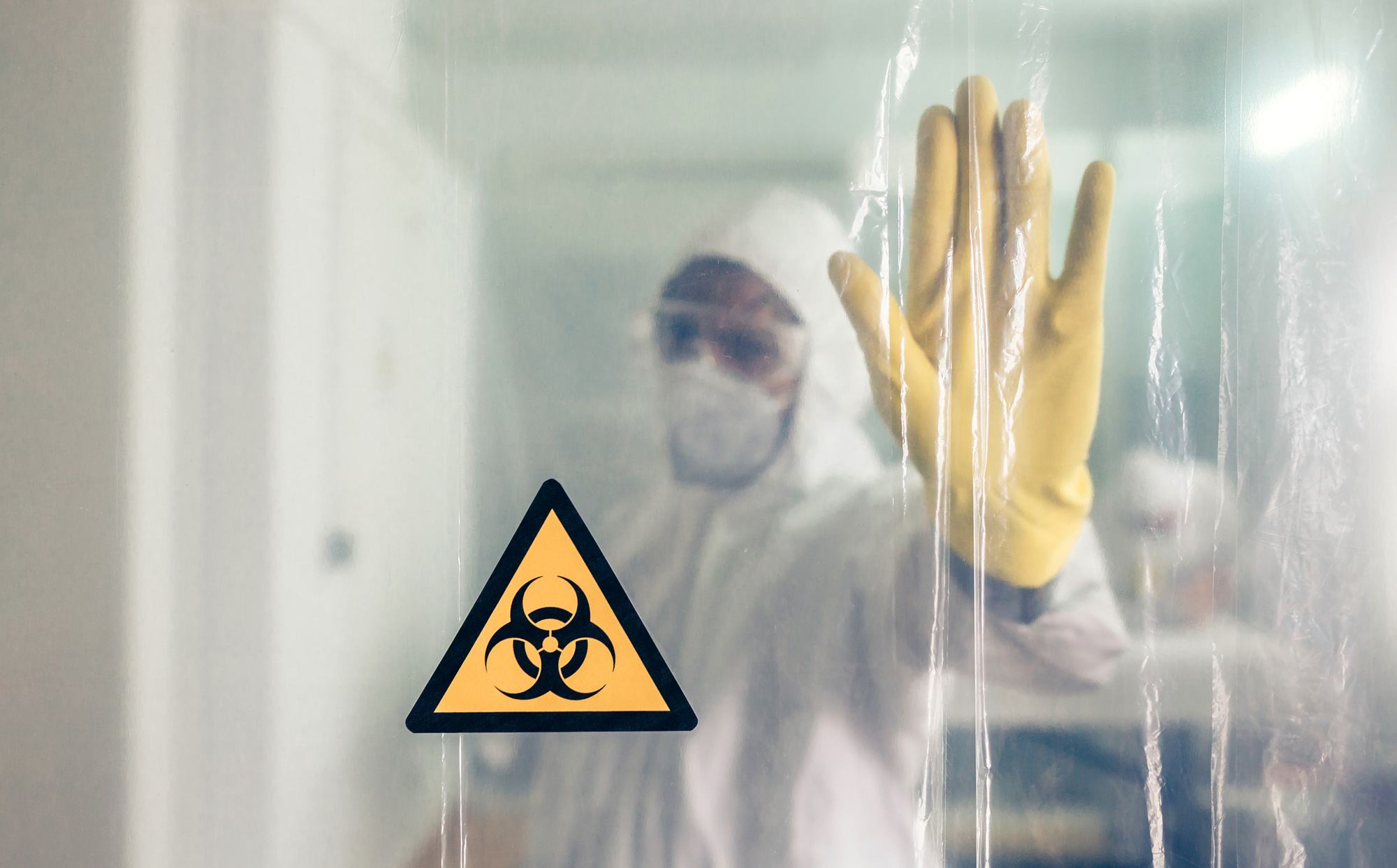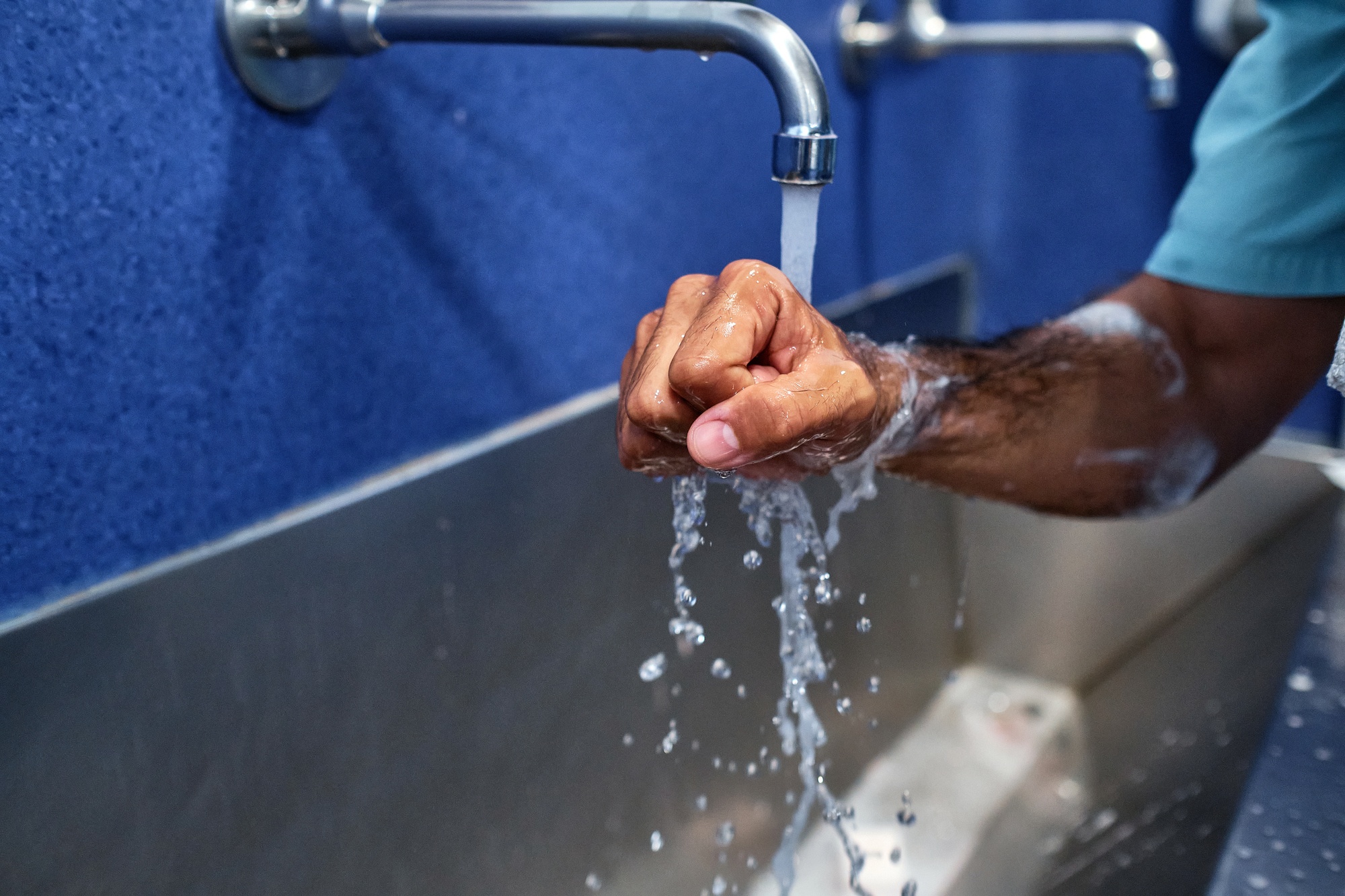
Education
What to Do During a Boil Advisory
What Is a Boil Water Advisory?
A boil water advisory is a public health measure that is issued by a government agency or a public water system when there is a potential risk of contamination in the drinking water supply. Typically issued in response to a waterborne disease outbreak, water main break, or other compromised water event, advisories remain in effect until water is tested and found to be safe for consumption.
Potential Causes of Boil Water Advisories
There are several causes of a boil water advisory, including:
- Water main breaks: Construction, pipe cutting, or corrosion, can result in a water main break introducing contaminants and bacteria into the water supply.
- Natural disasters: Floods, hurricanes, and earthquakes can damage water treatment plants and distribution systems.
- Waterborne disease outbreaks: Outbreaks of waterborne diseases like E. Coli, Cryptosporidium, or Giardia can occur when the water supply becomes contaminated with sources of bacteria and viruses.
- Testing and monitoring: Regular testing and monitoring of the water supply may reveal the presence of contaminants.
Understanding the Risks and Challenges of a Boil Water Advisory
Access to potable water is immediately challenged when a boil water advisory is in effect. While family households may be able to rely on boiled or bottled water, healthcare facilities, like hospitals and nursing homes, often struggle to collect and maintain an adequate supply of clean water. The use of FDA Class II filters at critical control points, like sinks, showers, or ice machines, provides an effective barrier against contamination.
No matter the cause, following boil water advisory guidance is key to maintaining human health. Failure to do so can pose health risks like gastrointestinal illness, viral and bacterial infections, lead poisoning, and chemical consumption. For people at greater risk, like immunocompromised adults and children, the adverse health effects of consuming contaminated water are only heightened.
Boil water advisories may last a few hours, several days, or sometimes weeks. Longer-term advisories significantly increase the need for clean water, and boiled or bottled water may not be available. In such instances, filtration is a highly effective solution to provide proper quality water. But not just any water filter is capable of support in a water emergency; it must be capable of retaining microbiological contaminants and last long enough to weather an advisory. It’s also important to be sure that your water filter is an FDA-cleared Class II medical device.
Nephros infection control water filters are all FDA Class II filters, 510(k) cleared to aid in infection control, and in-stock, ready to ship.
Nephros in-line water filters retain bacteria, viruses, and endotoxins for up to 90 or 180 days. This model type is ideal for proactive water management and will continue to effectively protect against a wide variety of microbiological contaminants. If already installed prior to a compromised-water event, they may remain in place for the entirety of their lifespan.
Nephros point-of-use water filters retain bacteria for up to 90 days and are ideal for immediate response during bacteria-based events or outbreaks. They install quickly and easily to sink and shower fixtures.
What to Do During a Boil Water Advisory
When a boil water advisory is issued, solutions are needed fast, especially for healthcare facilities. Access to clean water for washing and drinking is crucial to patient care, and any unplanned disruptions can quickly turn calm to chaos.
The application of FDA Class II filters offers facilities the time needed to perform other control measures, such as equipment disinfection, informing patients and staff, and adhering to regulatory guidance.
Quick access to FDA Class II filters is key in a water emergency. Nephros inventory is stocked and available for next- or same-day shipping.
How to Prepare for a Boil Water Advisory
Healthcare facilities can take several steps to prepare for a boil water advisory and minimize impact on patient care. Here are some recommendations:
- Strengthen your water management plan: Developing a comprehensive, robust water management plan, including steps to take during a boil water advisory, is key to keeping patients, staff, and visitors safe. Your plan should be reviewed and monitored regularly to ensure it complies with the most current Joint Commission/CMS water safety guidelines.
- Identify critical control points: Identifying the areas in need of a constant, reliable supply of safe water, such as the NICU, burn units, or oncology floors, will help inform where to keep FDA-cleared filtration on hand.
- Establish a reliable source for filtration: We are here as your partner in infection control. Our inventory is stocked with FDA Class II filters available for next- or same-day shipping. We get solutions to you exactly when you need them, so you may protect patients, staff, and visitors without the hassle of supply chain issues.
- Train staff: Training staff on how to respond to a boil water advisory, including how to properly boil water, disinfect equipment, and maintain infection control procedures, ensures everyone is prepared in an emergency.
- Coordinate with local agencies: Coordinating with local agencies and public health officials ensures that healthcare facilities are following regulatory guidelines and recommendations during a boil water advisory.
Summary
A boil water advisory is issued when there is a risk of contamination in the public water supply. Consuming contaminated water can have numerous negative health effects, such as gastrointestinal illnesses and other infections. It is important to follow the guidance provided during a boil water advisory to reduce the risk of illness.
Healthcare facilities must take extra precautions during a boil water advisory to protect at-risk patients and ensure patient care may continue as needed. Hospitals can prepare for a boil water advisory by strengthening their water management plans, identifying critical control points, establishing a reliable partner for FDA Class II filters, training staff, and coordinating with local agencies.
Being aware of the risks associated with contaminated water and following the necessary precautions enables healthcare facilities to more effectively prevent the spread of waterborne illnesses during a boil water advisory. It is crucial to stay informed and take appropriate action to ensure the safety and well-being of all patients, staff, and visitors.
Want to learn more?
Contact us to discuss boil water advisory preparations
Want to know more?
Reach out to discuss a facility audit and learn where to have filtration on hand


